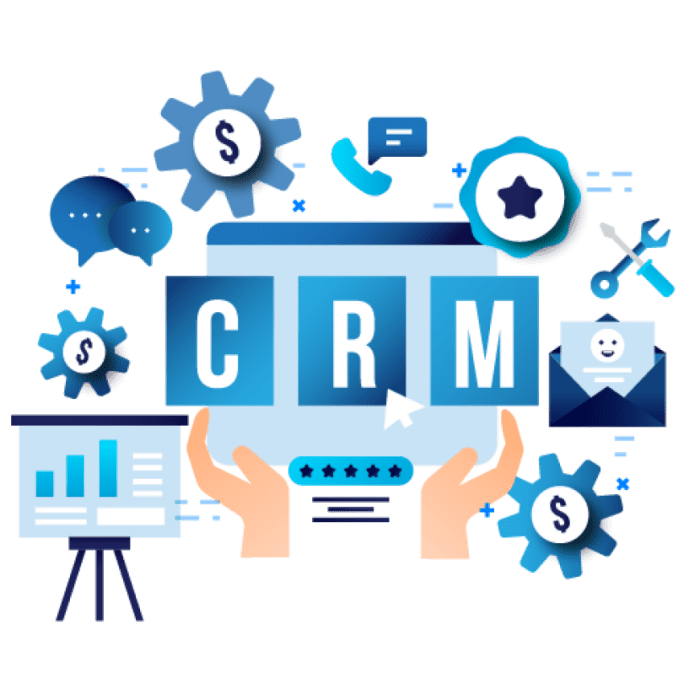The Future of CRM: How AI is Revolutionizing Customer Relationship Management. Forget clunky spreadsheets and endless manual tasks – AI is rewriting the rules of customer engagement. We’re talking smarter lead scoring, hyper-personalized experiences, and predictions that help you stay ahead of the curve. This isn’t just about efficiency; it’s about building deeper, more meaningful relationships with your customers, boosting loyalty, and ultimately, driving serious revenue growth. Get ready to ditch the old-school CRM and embrace the AI-powered future.
This deep dive explores how artificial intelligence is transforming every aspect of CRM, from automating mundane tasks to providing unparalleled insights into customer behavior. We’ll uncover the key features, address potential challenges, and peek into the exciting trends shaping the future of customer relationship management. Prepare for a game-changing shift in how businesses connect with their customers.
AI-Powered CRM Features
Forget dusty spreadsheets and manual data entry. AI is injecting a serious dose of awesomeness into CRM, transforming how businesses understand and interact with their customers. We’re talking about smarter systems, predictive capabilities, and personalized experiences – all powered by the magic of artificial intelligence. This section dives into the specific features that are changing the CRM game.
AI enhances lead scoring and prioritization by analyzing vast amounts of data to identify the most promising prospects. Instead of relying on gut feeling, sales teams can now focus their energy on leads with the highest probability of conversion. This leads to increased efficiency and improved sales outcomes.
AI-Driven Lead Scoring and Prioritization
AI algorithms analyze various data points – website activity, email engagement, social media interactions, and even demographic information – to assign a score to each lead. Higher scores indicate a greater likelihood of conversion. This allows sales teams to prioritize their efforts, contacting high-potential leads first and nurturing lower-scoring leads strategically. For instance, a lead who consistently downloads white papers, attends webinars, and engages with your social media posts will receive a higher score than someone who only visited your website once. This data-driven approach significantly improves sales efficiency and conversion rates.
AI-Driven Predictive Analytics in Customer Behavior Forecasting
Predictive analytics uses historical data and machine learning to forecast future customer behavior. This allows businesses to anticipate customer needs, personalize marketing campaigns, and proactively address potential issues. Imagine predicting customer churn – identifying at-risk customers before they leave. Or, predicting which products a customer is most likely to purchase next, allowing for targeted offers and personalized recommendations. Companies like Netflix leverage this extensively to suggest movies and shows you might enjoy based on your viewing history.
AI-Powered Chatbots Enhancing Customer Service Interactions
AI-powered chatbots are revolutionizing customer service by providing instant, 24/7 support. These chatbots can handle routine inquiries, troubleshoot common issues, and even escalate complex problems to human agents. Think of it as having a tireless, always-available customer service representative who can answer questions instantly and accurately, freeing up human agents to focus on more complex issues. For example, a chatbot can answer simple questions about shipping times, track orders, or provide basic product information, allowing human agents to focus on resolving more intricate customer problems.
This timeline represents a plausible trajectory, influenced by current technological advancements and market trends. The actual pace of adoption may vary depending on factors like technological breakthroughs, regulatory changes, and overall economic conditions. However, the overall trend towards greater AI integration in CRM is undeniable.
